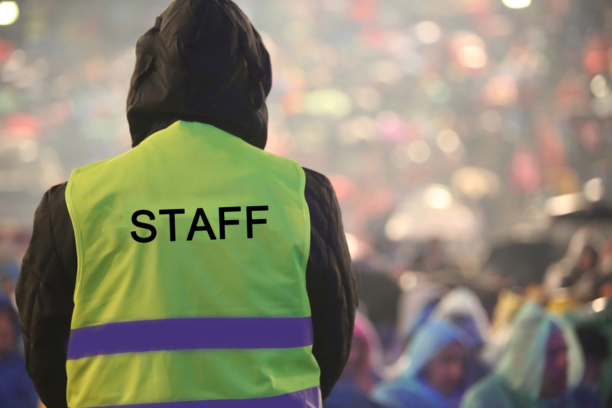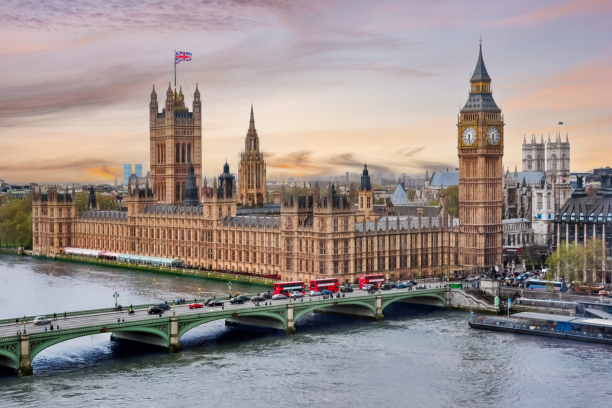In response to increasing threats of terrorism and the urgent need to enhance public safety, the UK government is introducing the Terrorism (Protection Of Premises) Bill, also known as Martyn’s Law. Named in honour of Martyn Hett, a victim of the 2017 Manchester Arena attack, this legislation will require persons with control of certain premises or events to take steps to reduce the vulnerability of the premises and its occupants from acts of terrorism.
The bill is at the committee stage in the House of Lords and is expected to receive royal assent in Spring 2025, unless something drastically derails it. However, this is unlikely, as both current and former governments are in unanimous support of Martyn’s Law.
What We Know About Martyn’s Law So Far
The Security Industry Authority (SIA) has been chosen as the regulator for Martyn’s Law. We expect that following royal assent, duty holders may have between 1-2 years to implement the necessary changes to comply with the legislation. The SIA will be responsible for setting clear expectations regarding what is reasonably practicable and what compliance looks like.
Who is Affected by Martyn’s Law?
You are a duty holder if you are responsible for a venue or host an event with over 200 attendees that falls within the scope of the legislation. To prevent excessive costs for smaller venues, the legislation will be implemented using a two-tier system:
- Standard Tier: Venues and events with a capacity between 200-799 persons. Requirements will focus on having appropriate procedures in place in case of an attack, with no expectation to implement costly measures.
- Enhanced Tier: Venues and events with a capacity of 800 or more will have more stringent security requirements.
Preparing for Martyn’s Law Compliance
If your organisation may be affected by Martyn’s Law, now is the time to start preparing. To learn more about how your business can comply with Martyn’s Law, we will be covering the topic at our next Employment Law Seminar.


